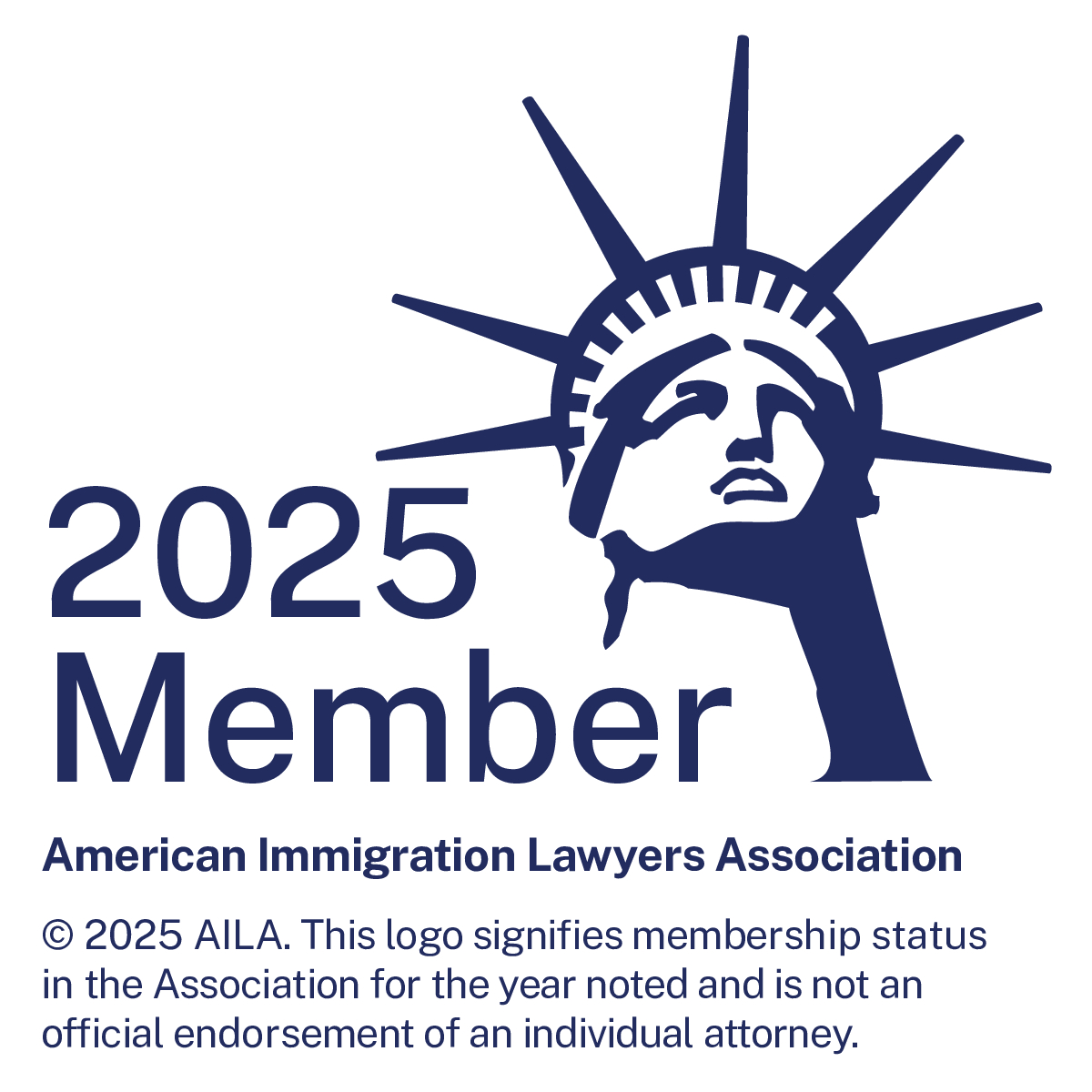
Naturalization (N-400) Delay or Denial
If you’re having problems with your N-400 Application for Naturalization, aka your citizenship application, then you need to consult a lawyer quickly to determine the next step. The typical problems come in two general forms:
(1) the USCIS is delaying your application without a final decision, or;
(2) the USCIS denied your application.
The Government Still Has Not Made a Decision on My N-400 Application:
If its been a long time since you filed your application for citizenship and the government still has not made a final decision, you don’t have to standby indefinitely–you may have another option. There is a law that requires the USCIS to make a final determination on your application within 120-days of your initial examination, which is the first time you take your civics and language tests. Starting 120-days after that exam date your attorney can file a mandamus petition asking a federal court to take the case. The federal judge has the authority to make her own decision on your naturalization application. But generally, depending on the jurisdiction, the judge will first issue an order giving the USCIS a judicially imposed deadline to make a final determination. This judicial order can pressure the government into finally making a determination on your N-400 application. If the USCIS does not make a final determination by as instructed in the order, your immigration attorney will request the federal judge to take the case over completely. If the USCIS subsequently denies your case, the federal judge will maintain jurisdiction since you’ve already filed your federal mandamus petition. However, if the USCIS denied your citizenship application before a federal case is filed then your lawyer will have to follow a different process, described below.
The Government Denied My N-400 Application:
If the USCIS denies your citizenship application then you should consult your immigration attorney right away to assess the situation. If the government relied on an improper reason to deny your application then your best option is to appeal. You have thirty (30) days from the date on your denial notice to make this decision. The case could eventually end up in front of a federal judge, but first you need to file your administrative appeal with the USCIS using the form N-336.
The administrative appeal is an opportunity for your lawyer to explain why you should be approved, using references to the law and any helpful evidence. The USCIS will put the application before an officer of equal or higher rank within the same agency for a second look. If you lose this administrative appeal then the next step is to file a petition in federal court under the Administrative Procedures Act (APA).
Federal courts have the authority to review N-400 denials on a de novobasis, which means the court can make its own decision without any respect to the negative decision made at the USCIS level. The federal judge will only hear your case if you followed the administrative appeal procedures in the previous paragraph. If the USCIS is ignoring the law or the clear call of the evidence in your case, then a federal APA lawsuit could be exactly what you need.
The Government Closed My N-400 Application to Deport Me:
If you file an N400 to become a citizen, the government might respond by sending a “Notice of Administratively Closed Application.” This administrative closure tells you that your case is paused. It is usually closely followed by a Notice To Appear (“NTA”), which is the official beginning of deportation.
If you find yourself in this situation contact an attorney immediately. The USCIS implies that you must defend yourself in deportation/removal court before your N400 will be reopened. However, depending on the facts of your case, an attorney may be able to reopen your citizenship application in federal court instead.
If you’re having problems with naturalization or citizenship, call today and get professional help.
(786) 490-6649.


